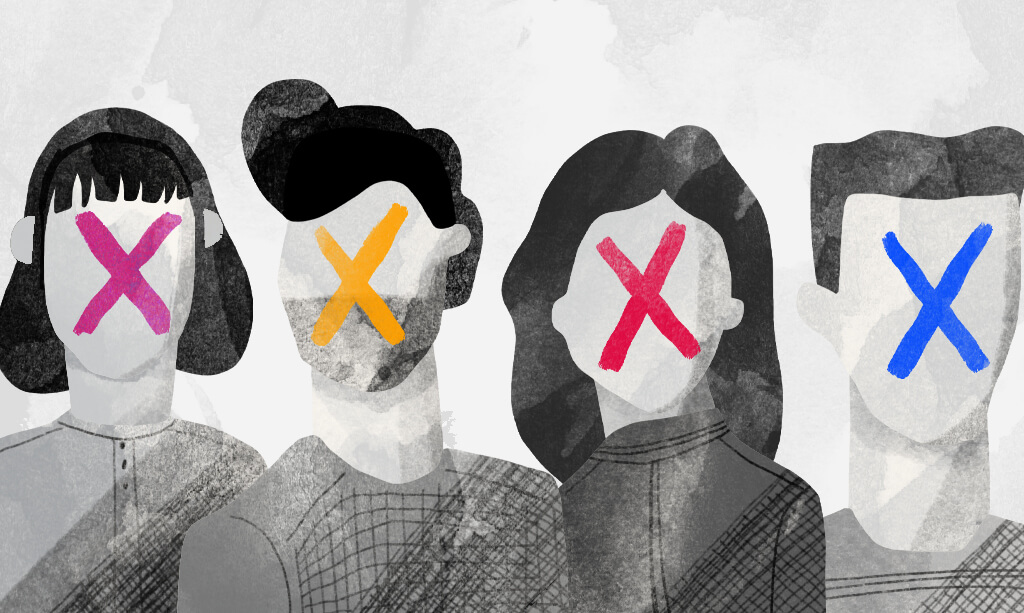
This is the story of a gay wedding cake and the baker who refused to bake it.
Jack Phillips, owner of Masterpiece Cake Shop in Colorado, refused to make a cake for a gay wedding due to his religious beliefs. After the state’s Civil Rights Commission ruled that his refusal was in violation of Colorado’s Anti-Discrimination Act, Phillips betrayed his religious beliefs and baked a cake with two plastic men on top. Ironically, Philips tested the fairness of the Civil Rights Commission by asking three local bakeries to make cakes that were decorated to convey anti-gay-marriage messages. When the three bakeries all refused Philips service, Phillips took the same course of action as his gay customer and filed a complaint with the Civil Rights Commission. He, however, had a different result. The Commission ruled that they had the right to refuse Phillips’ service.
By showing that they consider the religious and personal beliefs of supporters of gay marriage more important than those of someone who opposes gay marriage, the Colorado Civil Rights Commission has created an egregious double standard.
Since then, Colorado (along with Indiana and Arkansas) have come under attack with the passing of the Religious Freedom Restoration Act. This act, in summary, states that private business owners have the right to refuse service to lesbian, gay, bisexual, and transgender customers if they go against the owner’s religious beliefs.
The LGBT community is extremely offended by this new law, as they believe it allows business owners to hatefully discriminate against them; however, this law is not meant to discriminate but to protect the religious beliefs of men and women across the nation.
This piece of legislation will prevent the apparent double standard regarding people’s beliefs from perpetuating. This act is not one of hate and discrimination; rather, it is one to protect people, like Jack Phillips, from being discriminated against. In today’s society, the beliefs of straight Christians are, unfortunately, treated as second class. This act aims to restore the equality in today’s society.
Hopefully, more states will follow the lead of Colorado, Indiana, and Arkansas and take a stand against the attacks on Christian beliefs. It is the right of every American citizen to have their own personal beliefs, and it is the right of a private business owner to refuse service to anyone that makes them violate their core morals and values.
It is not the right of the government to force someone to disregard their religious beliefs within their own business. Ordering private business owners to run their company a certain way is in violation of the owner’s constitutional rights. The Religious Freedom Restoration Act assures that these violations will no longer plague private business owners, and they will now be able to conduct their business the way that they want.
















Archana • Sep 13, 2015 at 4:11 pm
You claim that “ordering private business owners to run their company a certain way is in violation of the owner’s constitutional rights.” Jack Phillips owns a private business, but he serves the public. Therefore, he must obey laws dictating public rights. Mr. Phillips is welcome to practice his religious beliefs as long as he does not violate others’ rights, but since he violated the right to equal service, he broke the law.